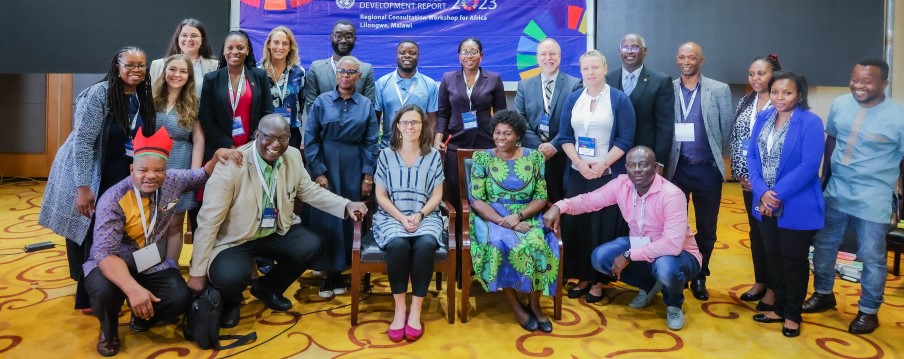The Constitutive Act of the African Union, in its Article 3(h) provides a clear mandate to AU organs and institutions to promote and protect human rights on the continent. However, the continent continues to face challenges including the slow pace of ratification, domestication and implementation of instruments and decisions of human rights bodies. In addition, there is inadequate coordination and coherence among the AU organs and institutions and the Regional Economic Commissions in terms of policy initiation, development and implementation. The capacity and resources for implementation have not matched the progress achieved in adopting human rights instruments and establishing institutions.
The promotion of human rights in Africa is seen against the background of their development within the framework of international human rights. This evolution of rights is owed to the struggles within African states in the colonial and post-independence eras. As a consequence, ‘human rights have been elevated as a matter that deserves the attention of African governments and seen as a value that inform and inspire grass-roots approaches to them’.The inspiration for their development is deduced from the quest to uphold the inherent values in human rights norms and standards that should represent a qualitatively higher form of unity and integration for the African continent. Their development paves the way for the integration of ‘peace’ as a central value in the general system of the rights framework in Africa. However, the realisation of human rights in Africa is thwarted by various challenges and atrocities that have an impact on the development of ‘peace’ as a value in the promotion and protection of human rights. These challenges relate to violence, ethnicity, corruption, disrespect for traditional value systems and other related factors, which factors threaten the stability of the African continent and the centrality of ‘peace’ as a value in the promotion of human rights in Africa.

